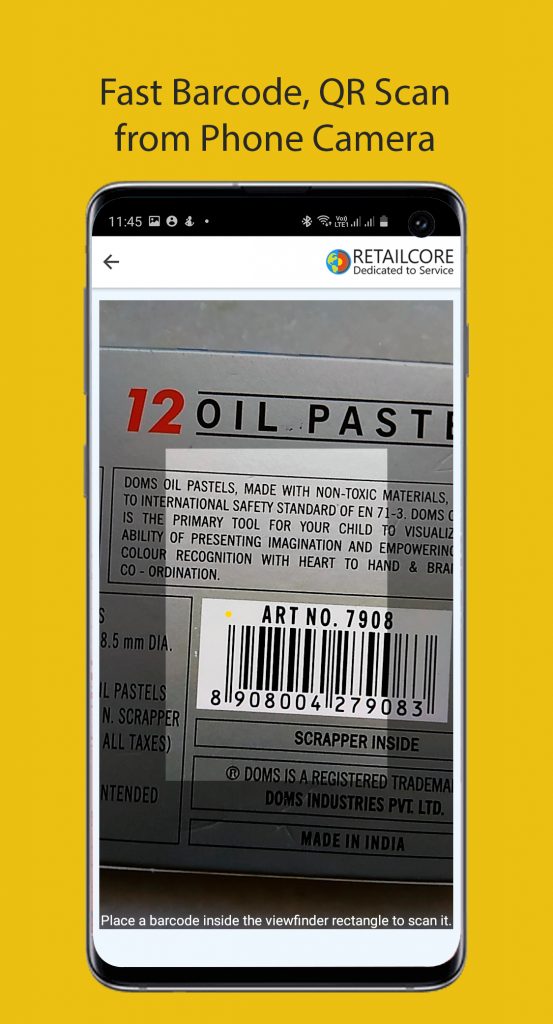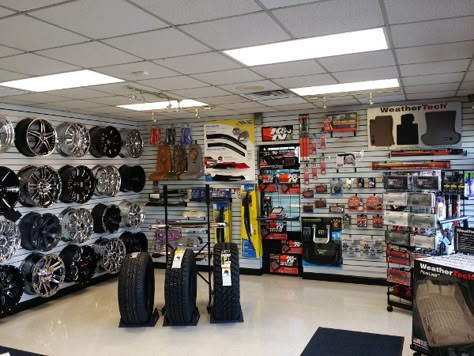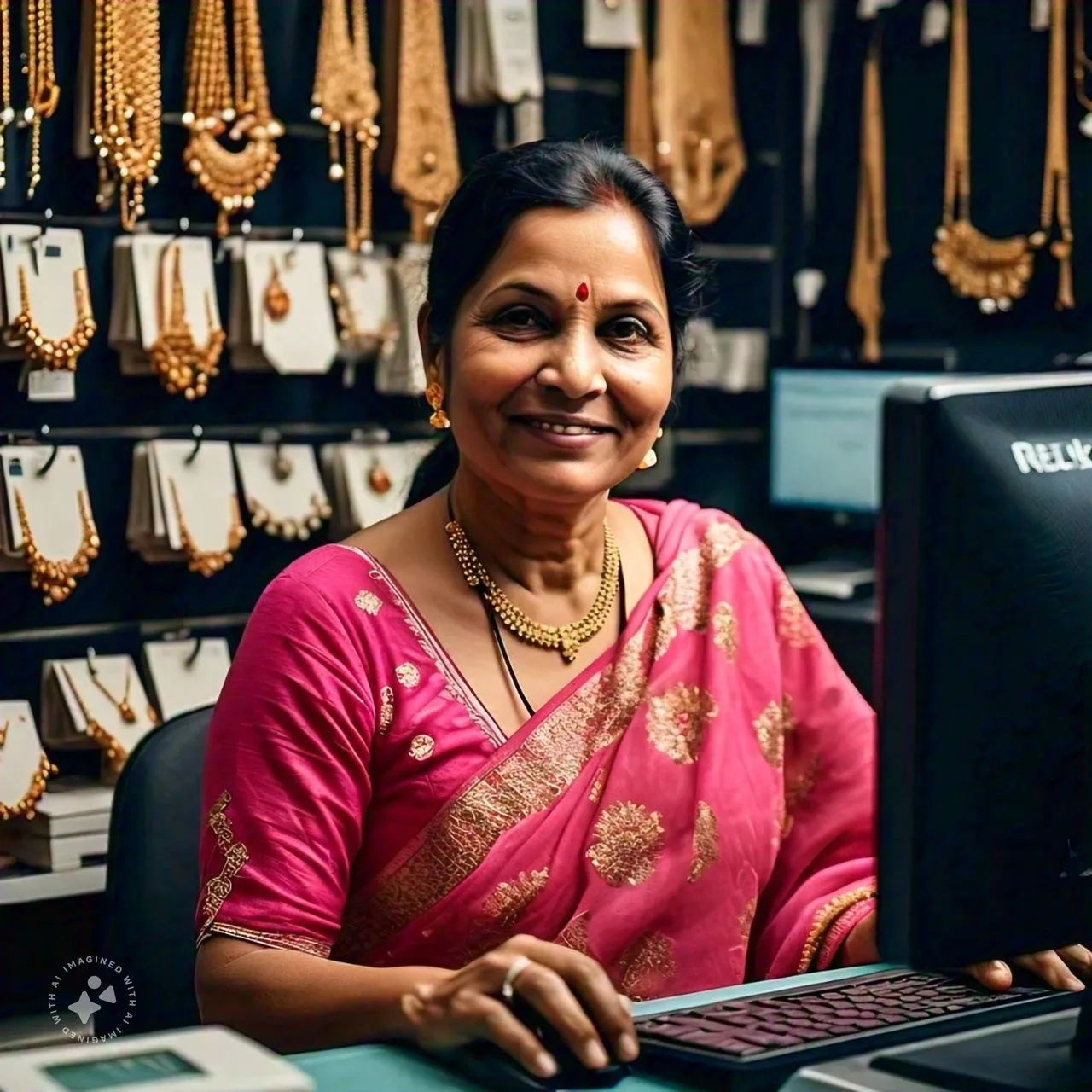Almost every business, big and small, uses barcodes for SKU and UPC numbers, inventory management, and facilitating transactions. Barcode scanners provide faster, more accurate, and more efficient data entry and POS processing, making them a vital tool for modern commerce. Since their first implementation in 1970, the basic function of the barcode has remained largely the same, with some updated features and capabilities.
Barcode scanners work much like the human eye, using light to decipher empty versus filled spaces on a barcode. This information is captured and delivered into the processor, which converts it into a series of binary code that communicates with the software to relay what item it’s representing. As technology evolves, businesses are responding to demands and customer needs with more sophisticated scanners that use different types of sensors, cameras, and lasers to capture data.
How Barcode Scanners Work
Barcode scanners capture reflected light and decode it into a numerical sequence of binary code. Traditionally, they use laser or LCD light to capture the black and white pattern on a barcode, processing and relaying that information back to the connected POS or computer. While basic models must be dragged across the code to physically scan it, sophisticated scanners can read an entire barcode at once. Camera technology is increasingly being used for barcode capture, converting shapes, lines, and numbers into binary code that drops data directly into software like Excel and POS systems.
Barcode Scanner Components
Barcode scanners have a three-part system that facilitates capturing and transferring barcode information:
- Illumination system: Built-in LED or lasers illuminate the barcode for reading and relaying the image back for processing.
- Sensor or lens: A light sensor called a “photodiode” takes the collected image and converts it into a corresponding electrical signal.
- Decoder: Built into the scanner handle or an external “keyboard wedge,” the decoder converts the read binary code into usable information for the connected software.
Types of Barcode Scanners
There are several types of barcode scanners, each with different capabilities and price points:
- 1D Linear Scanners: Gun-shaped and using lasers, these require close proximity to the barcode for successful reads.
- 1D Image Scanners: Using imaging technology, these are faster, better at reading poorly printed or damaged barcodes, and require less direct distance.
- 2D Barcode Scanners: With horizontal and vertical reading capabilities, these can contain more information and capture barcodes from cell phones.
- Wireless Barcode Scanners: Portable scanners are useful for situations needing mobility, like scanning large items or doing inventory in a warehouse.
- Rugged Barcode Scanners: Rubberized for protection, these ensure longer life and durability in industrial environments with frequent movement.
- Presentation Scanners: Stationary devices that require barcode contact, these are best for ticketing, smaller items, or cell phone QR codes.
- In-Counter Scanners: Built into cashier counters, these omnidirectional scanners are suited for high-volume conveyor belt situations.
- Smart Scanners: Mini computers with camera capture, memory, WiFi, and inventory applications, these portable scanners sync to POS or inventory management systems.
Choosing the Right Barcode Scanner for Your Business
With the variety of barcode scanners available, it’s important to assess your business needs and environment. Consider factors like mobility, durability, and scanning volume to find the best fit to optimize your inventory management and streamline checkout processes. Consult with a POS specialist to determine the ideal scanner for your specific requirements.
FAQ (Frequently Asked Questions)
How much do barcode scanners typically cost?
Barcode scanner prices vary greatly, from under $10 for basic pen scanners to several thousand dollars for supermarket-style in-counter scanners. Generally, the more you pay, the more capable the scanner will be at reading imperfect or damaged barcodes.
Can all barcode scanners read barcodes from cell phone screens?
No, not all barcode scanners can read barcodes displayed on cell phone screens. 1D scanners, for example, cannot capture barcodes from phones because they don’t reflect the image back properly. 2D image scanners, however, have this capability, making them a valuable asset for businesses using mobile ticketing or digital coupons.
What’s the difference between 1D and 2D barcodes?
1D barcodes hold up to a few dozen characters in a linear, horizontal format, requiring more characters as more information is added. 2D barcodes can be read both horizontally and vertically, allowing them to contain up to 2000 characters, including additional data like URLs, images, and more.
Are barcode scanners easy to set up and use?
Most barcode scanners are relatively simple to set up and use, with many connecting directly to a computer via USB. More advanced models may require additional configuration with your POS or inventory management software, but a knowledgeable supplier or IT professional can assist with this process.




